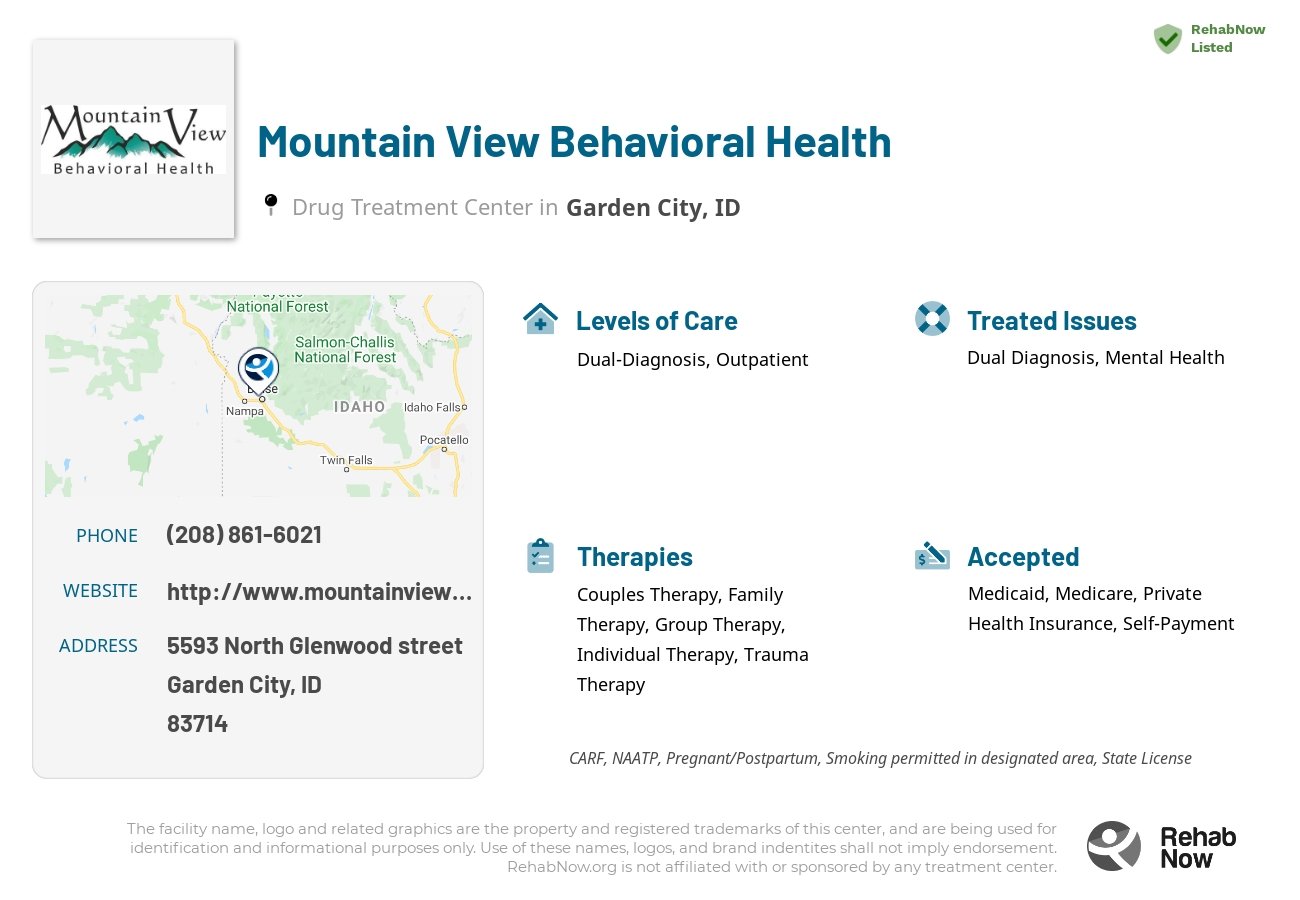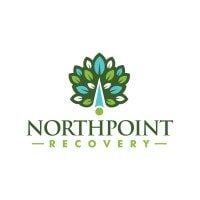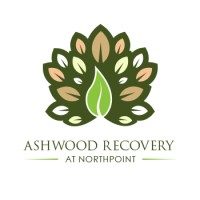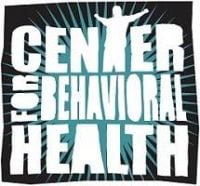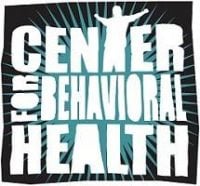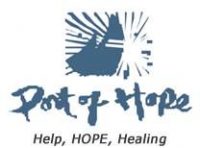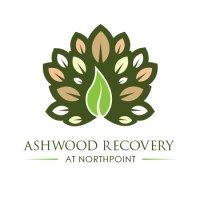Mountain View Behavioral Health
Drug Rehab Center in Garden City, Idaho
Mountain View Behavioral Health offers personalized, evidence-based addiction and mental health treatment programs, including inpatient and outpatient services, detoxification, and therapies, as well as supportive services such as housing assistance, job placement, and education programs, to help patients achieve recovery and relapse prevention.
About Mountain View Behavioral Health in Idaho
Mountain View Behavioral Health, located in Garden City, Idaho, is an addiction and mental health service provider that works to provide personalized, comprehensive care to individuals and their families. This facility offers a range of treatment programs and services, including inpatient and outpatient services, detoxification, and therapies for individuals struggling with addiction or substance abuse. Their goal is to provide a safe, supportive environment for patients and their families to recover from addiction.
Mountain View Behavioral Health's treatment programs specialize in integrating evidence-based treatments such as cognitive behavioral therapy (CBT), dialectical behavior therapy (DBT), and trauma-informed care into their programs. In addition, they offer a variety of specialized services such as medication-assisted treatment (MAT), peer support, family therapy, and individualized treatment plans to support recovery and relapse prevention. They also offer supportive services such as housing assistance, job placement services, and education programs to help patients live a healthy and productive lifestyle after treatment.
Mountain View Behavioral Health is certified by The Joint Commission, is licensed and accredited by the State of Idaho, and has received the prestigious Gold Seal of Approval. Additionally, they provide Telehealth services, allowing individuals to access treatments from the comfort of their own homes and access virtual video sessions with counselors and physicians. This commitment to quality and innovation makes them a leading provider of addiction and mental health services in the region.
Genders
Ages
Modality
Additional
Conditions and Issues Treated
A “dual diagnosis” is when the individual has two medical issues at the same time. The top co-occurring mental disorders with addiction are depression, anxiety, ADHD, bi-polar disorder. Addiction is also considered a mental illness that is not a choice but rather a medical condition. Addiction can be caused by any number of underlying issues.
Dual diagnosis is provided by Mountain View Behavioral Health to treat addictive tendencies as well as any untreated mental illnesses. This ensures successful long term health and recovery for patients after treatment has been completed.
Dual diagnosis is provided by Mountain View Behavioral Health to treat addictive tendencies as well as any untreated mental illnesses for people in Idaho. This ensures successful long term health and recovery for patients after treatment has been completed.Levels of Care Offered
This center offers a variety of custom treatment tailored to individual recovery. Currently available are Dual-Diagnosis, Outpatient, with additional therapies available as listed below.
Outpatient programs at Mountain View Behavioral Health, the Garden City resident can live with their family while continuing with their job or studies. Treatment includes educating the patient on drug abuse, medications, and counseling sessions at the individual or group level. Outpatient treatment plans cover diagnosis, detoxification, management, and counseling. They are a popular option for those who have graduated from inpatient facilities.
Therapies & Programs
Individual therapy is a form of counseling where you meet with a trained professional one-on-one. Meeting with a therapist in this setting allows for a personal and trusting relationship to be built. This allows the patient to open up about sensitive or private issues they may not feel comfortable discussing in a group. Individual therapy helps identify the root causes of your addiction, which can help prevent relapse.
Couples therapy for drug addiction is a unique form of therapy that allows family members to work through the emotional issues of their loved one’s addiction together. Family members can support each other while learning how to cope with the addiction and encourage healthy changes. The two will work with a therapist to learn how the addiction affects themselves and the relationship.
Family therapy is often done alongside drug treatment to help addicts stay sober. The goal of family therapy for drug addiction is to create an environment where communication can happen without judgment, hostility, or blame. The therapist will sit with the family so they can learn how to communicate differently and provide new tools for dealing with emotions so that people don’t want to drink or do drugs. It’s important for families to focus on relapse prevention plans during treatment so that if the addict feels like they want to use again, they’ll know what steps they need to take together to prevent it from happening again in the future.
Group therapy sessions are another common addiction recovery service. These group sessions typically involve six to 12 addicts who meet regularly with a trained professional for support and guidance.
During these sessions, the group shares their experiences with one another and provides feedback that can help each member avoid relapse or overcome specific obstacles they are facing in their recovery process. With this type of support and guidance, addicts can feel like they are part of a community that understands their struggles and will help them get through the hard times.
Many people struggling with drug addiction have experienced some form of trauma in their lives. It is crucial that these individuals seek out professional help; otherwise, their drug abuse and addiction will likely continue.
Therapists and counselors at drug treatment centers employ several treatment programs to help people struggling with drug addiction, including trauma therapy. Trauma therapy helps people dealing with addiction by allowing them to confront the traumas of their past and move past them.
It is important to note that trauma therapy should not be confused with PTSD (post-traumatic stress disorder). Rather, it is used to treat the effects of trauma, which are often at the root of addiction.
Cognitive Behavioral Therapy (CBT) focuses on the underlying thoughts and behaviors that caused the problem of addiction in the first place and may cause a relapse. Negative feelings are common in drug abuse disorders, but they can lead to co-occurring disorders if not recognized. CBT involves strategies that help to change the behavior pattern by restructuring negative thoughts into positive ones. It helps to remove these feelings, and it provides long-term benefits. Also, CBT promotes self-awareness and self-control. It can be administered as a monotherapy or as part of combination therapy.
CBT can improve the patient’s mood, reduce drug cravings and boost success rates on treatment plans. Regular practice can help individuals handle negative attitudes, thoughts, and feelings without turning to drugs or alcohol. The core belief of Cognitive Behavioral Therapy (CBT) is that one’s moods, behaviors, and actions are all connected. Individuals can improve their quality of life using CBT. It helps addicts understand the patterns of thought and feelings that cause them to use drugs or alcohol and develop a healthy response.
Payment Options Accepted
For specific insurance or payment methods please contact us.
Is your insurance accepted?
Ask an expert, call (888) 674-0062
Additional Details
Specifics, location, and helpful extra information.
Garden City, Idaho 83714 Phone Number(208) 861-6021 Meta DetailsUpdated November 25, 2023
Staff Verified
Mountain View Behavioral Health Patient Reviews
There are no reviews yet. Be the first one to write one.
Garden City, Idaho Addiction Information
In 2010, Idaho ranked amongst the top ten states of substance abuse in several categories. Alcohol dependence and abuse pose a major problem throughout the state, especially among minors between the ages of 12 and 17 years old. Opioids, like everywhere else in the nation, are also responsible for many substance abuse problems in the Gem State.
Treatment in Nearby Cities
- Plummer, ID (256.2 mi.)
- Twin Falls, ID (118.9 mi.)
- Rigby, ID (218.4 mi.)
- Payette, ID (43.8 mi.)
- Cambridge, ID (66.4 mi.)
Centers near Mountain View Behavioral Health
The facility name, logo and brand are the property and registered trademarks of Mountain View Behavioral Health, and are being used for identification and informational purposes only. Use of these names, logos and brands shall not imply endorsement. RehabNow.org is not affiliated with or sponsored by Mountain View Behavioral Health.


